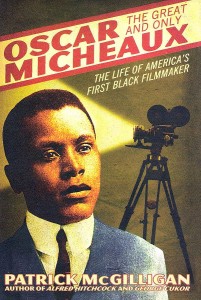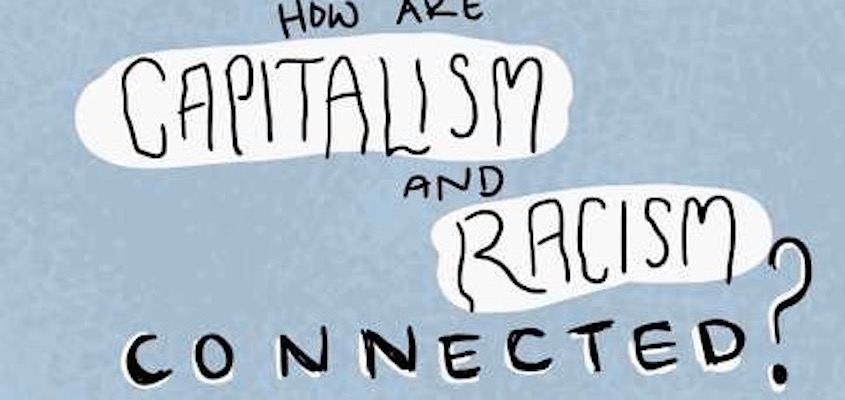(ThyBlackMan.com) The controversy over the images in “Django Unchained,” a white man’s film continues to brew in America.
Whether you love or hate the film, the most important message was that Blacks have done a poor job of controlling their own image.
We can take control of our own image by taking control of the manufacturing and distribution of our own films.
We’ve done it before in an era when we had real Black communities with real Black commerce.
One such shining example was a Black man from Metropolis, Illinois named Oscar Micheaux, who in 1919, made his own full-length feature film from his novel called “The Homesteader.” He was the first African-American to do so , and served as inspiration for Robert Townsend Spike Lee, Tim Reid and Carl Franklin, among other filmmakers who ushered in a new era of Black film in the late 1980s..
, and served as inspiration for Robert Townsend Spike Lee, Tim Reid and Carl Franklin, among other filmmakers who ushered in a new era of Black film in the late 1980s..
The son of former slaves, Oscar Micheaux worked in Chicago as a shoe shine boy while pursuing his dream of being a writer, moving to South Dakota, where he penned several novels, formed his own publishing company and sold copies of his books door to door.
During Oscar Micheaux’s era, most of the films made were silent, and for the most part, Blacks were silent as well as invisible, save for the buck-dancing, shuffling, demeaning images of self-effacing actors such as Hattie McDaniel and Lincoln Perry, also known as Stepin’ Fetchit.
Most of the Black actors in early Hollywood were dark-skinned Negroes who bucked the whites of their eyes for outlandish comedic and demeaning effect.
Ignorant, confused Negroes have called Stepin’ Fetchit a hero, claiming that the shuffling, foolish actor from the early days of film opened doors for today’s Black actors. What doors were opened by an embarrassment who claimed his fame by bucking his eyes out of his head in childlike fear, or by speaking in a slow, dull-witted cartoonish voice, designed to provide comedy relief to racists?
There were real doors opened for Blacks, but they came in the form of high quality films with Blacks as protagonists in respectable roles, written by a Black man named Oscar Micheaux.
Oscar Micheaux’s film business was just that–a business. He hired all of the actors, made the movies and even handled his own distribution to the seven hundred-plus Black theatres in existence in the nation at that time. Do I have to repeat that there were more than seven hundred Black theatres in existence before integration?
If we were controlling our own images, we would not have to worry about what anyone thinks about us. We would be the heroes as well as the villains, the lovers as well as the thieves and defining those roles ourselves. Further, the good roles wouldn’t be relegated to a handful of shining Black princes and princesses who refuse to clown their race for a punchline and a paycheck.
Today, generations after Oscar Micheaux’s revolution in film making, it makes no sense for anyone to say that they are taking a demeaning role because there is nothing else, or that they have to avoid their dream because it is simply unavailable. Oscar Micheaux was not a rich man, but he was able to accomplish his dreams by relying on resources found within his own community.
As I always assert, if we wish to move beyond our present, we have only to revisit our past.
Let’s make Black history a part of the Black future.
Staff Writer; Darryl James
One can connect with this brother via D.L. James. Also follow him on twitter; DarrylLJ.
Feel free to also purchase his newly released book which is entitled; The Whirlwind or The Storm, LA Riots Perspectives




















Great article. It is unfortunate that some Black people think they made it and have no need to help rebuild the Black community, until they lose their job or get discriminated against. Then they want help and may rethink their position on Black Unity. It is also unfortunate that other Black people who are so busy struggling to survive; they don’t realize they and other Black people are the solution to their problems. I truly believe we will finally come together, because of the direction this country is headed in, and because it will be the only way we will survive as people. For solutions to the problems in the Black community, click on my name.
Black Unity means financial independence and happiness
Excellent article!
Well said. Thank you for sharing about our filmmaking past; it is a future worth making again.